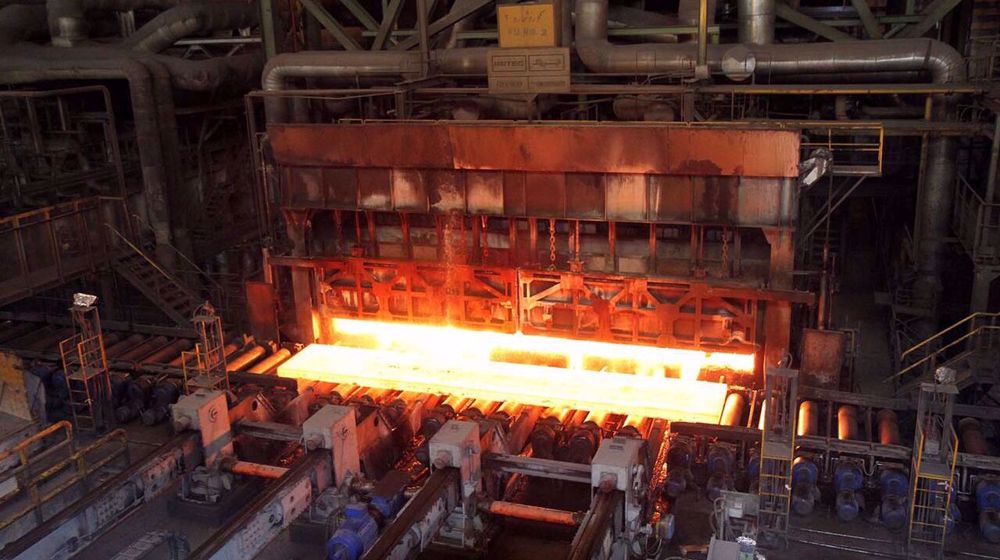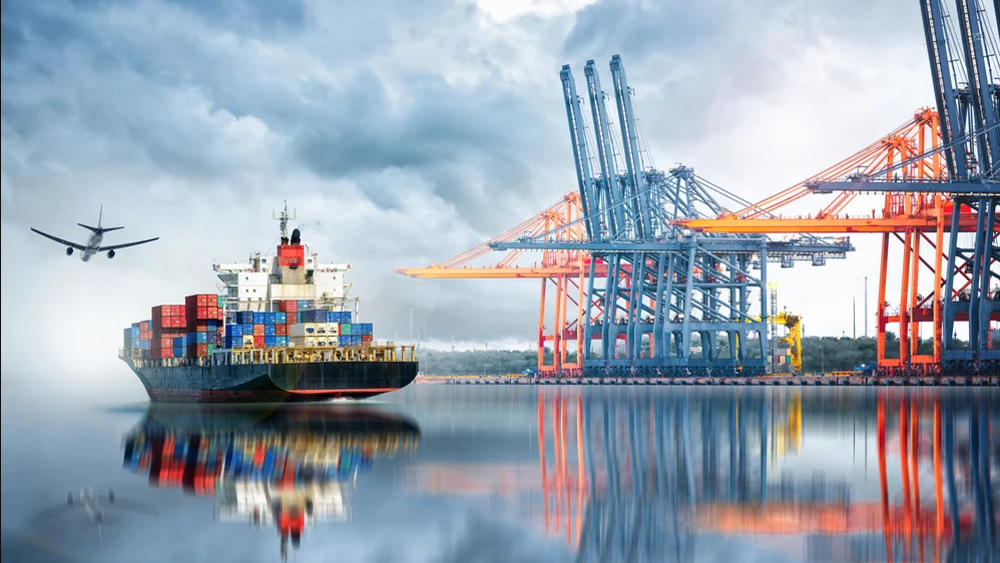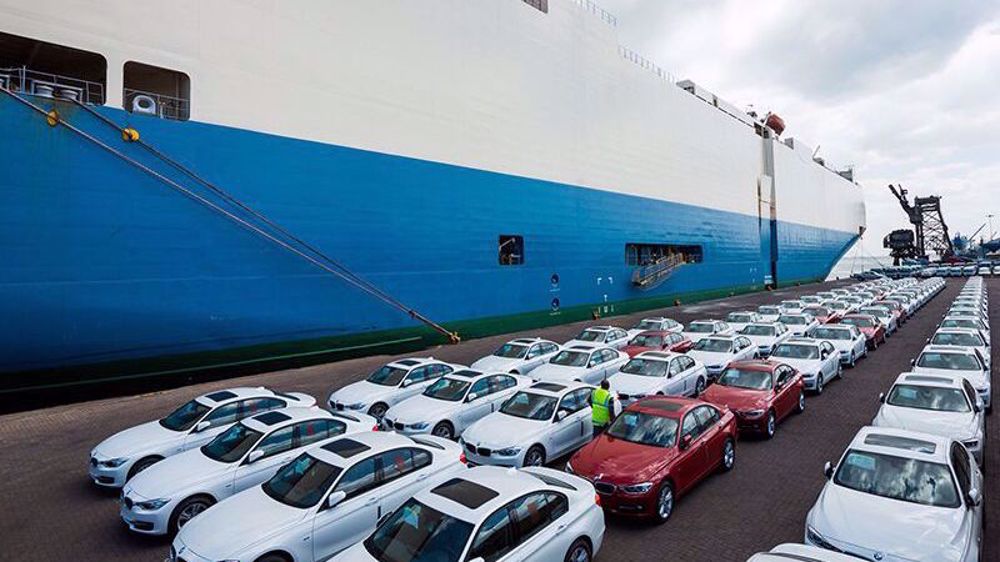Iran economy prepared for worst scenario
Governor of the Central Bank of Iran says the country’s economy will continue to improve no matter what happens in the nuclear negotiations.
“Regardless of what the outcome of the negotiations will be, we have planned our economy in such a way that its gradual improvement will continue,” Valiollah Seif has told China Central Television (CCTV).
The governor, who is in Washington to take part in the seasonal meetings of the World Bank and the International Monetary Fund, said Iran’s economy is “on the right track”.
“We have a highly-educated young population. We are sure that we can create capacities in the economy which will make the situation much better than it is,” he said.
Seif touted the “big achievements” under President Hassan Rouhani, saying the government had managed to bring the inflation rate down to 15% from 40% at the beginning of his term by applying "appropriate monetary policies and fiscal discipline".
The administration is now working to bring the inflation further down to single digits.
“This may not be achieved next year but we are pretty confident that we will be able to bring it down to single digits in two years,” Seif said.
Iran's economy turned a corner in 2013 and started to experience a modest growth after two years of recession and runaway inflation.

The government, Seif said, has planned for the scenario of the economy under sanctions as the fate of the ongoing negotiations between Iran and the P5+1 remains unclear.
The two sides hope to reach a final agreement by the end of June but the pace of lifting sanctions on the Islamic Republic remains a bone of contention.
“Of course, we have to admit if we have a successful conclusion to these negotiations, we would see more of a positive impact in terms of higher growth, lower inflation and lower unemployment,” Seif said.
Lifting sanctions will also benefit others, including the Middle East, helping return stability to the highly volatile region.
“Iran has a high capacity to interact with its neighbors. Lifting of sanctions could bring stability to the region. Any delay will have negative consequences for the region as a whole,” Seif said.
The central bank governor also invited Iranians abroad to bring home their investments and expertise.
“I want to give the assurance that we have potentials to encourage Iranians abroad to return to their country.
“It’s good to have these people in our country so that they could put their capacities at the service of their country,” Seif said.
HB/HB
Israeli embassy shooting in Jordan leaves gunman dead, 3 police injured
VIDEO | Paris march in support of Palestine women
VIDEO | ICC issues arrest warrants for Israeli prime minister, ousted regime war minister
120 Palestinians perish as Israeli war machine keeps ravaging Gaza
VIDEO | Struggles of Palestinian women amidst war, displacement
VIDEO | Hezbollah rains attack drones down on elite Israeli brigade
VIDEO | US biased mediation fails
Leader: All captains of criminal, Zionist, terrorist gang must be prosecuted










 This makes it easy to access the Press TV website
This makes it easy to access the Press TV website